“In fact, much of the ire now being aimed at the TDA — and tourism in general — merely echoes concerns about the tourism of a century ago, and the mismanagement and negligence of city government back then.”
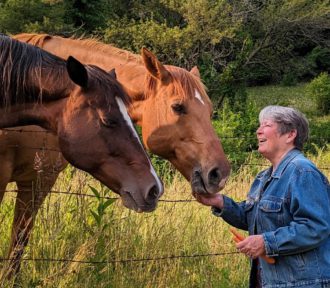

“In fact, much of the ire now being aimed at the TDA — and tourism in general — merely echoes concerns about the tourism of a century ago, and the mismanagement and negligence of city government back then.”
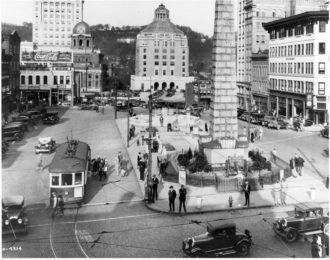
In a Jan. 11, 1932, report, E. Grace Miller, the executive secretary of the Asheville Associated Charities, declared, “Never before have the people of Asheville realized to such an extent that the problem of the unfortunate people of this community are their problems too.”
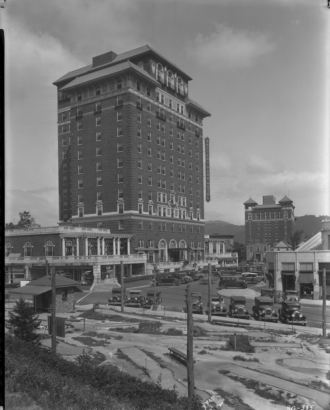
Amid the Great Depression, thousands in Asheville and across the country took to the greens to try their hand at miniature golf.
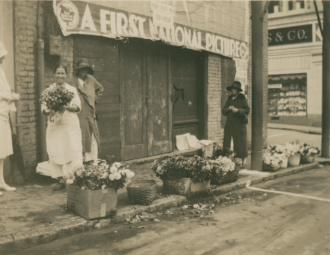
In the 1920s, license fees, congested sidewalks and opposition from brick-and-mortar businesses threatened the continued existence of Asheville’s Flower Women — a group of female entrepreneurs who had been selling wildflowers in the city’s downtown since the latter half of the 19th century. “[T]he first flower stands stood up along the way when Haywood street was only a muddy road,” The Asheville Citizen reminded its readers on Dec. 13, 1926.
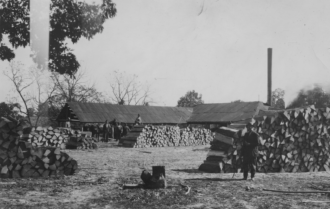
During the onset of the Great Depression, the city of Asheville authorized the formation of the Unemployment Council. The committee’s first project was the community wood yard, which employed 140 workers. Instead of a paycheck, all participants received groceries, clothing and wood.
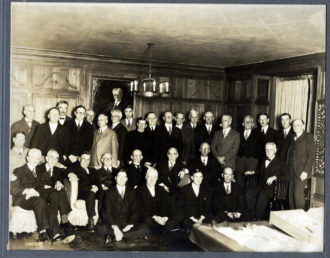
In 1932, the Normal Business Council was created with a single mission in mind: to infuse $100,000 into the local Asheville economy.

“I grew up in the depths of the Great Depression, when money seemed to be the driving factor for almost everyone around me, because nobody had any.”
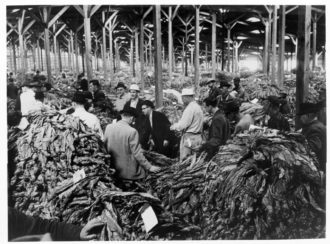
On Dec. 10, 1930, despite the country’s economic turmoil, the Carolina Tobacco Warehouse opened in downtown Asheville.

“Shouldn’t Asheville catalog and zone protections for all our beautiful views now that we know City Council could care less about them? Otherwise developers will stomp out as much beauty as they can.”

“Am I welcome in your town? Almost daily, I see another jab at ‘the tourists.’ We seem to be the bane of your existence.”
“I remember eating corn bread and milk every night for dinner.” Such was the snippet of secondhand conversation surreally overheard recently. The speaker, a resplendently dressed elderly woman, was having lunch with her daughter outside a Grove Arcade eatery. It was one of those perfect autumn days, warm with a cool breeze, the city skyline […]